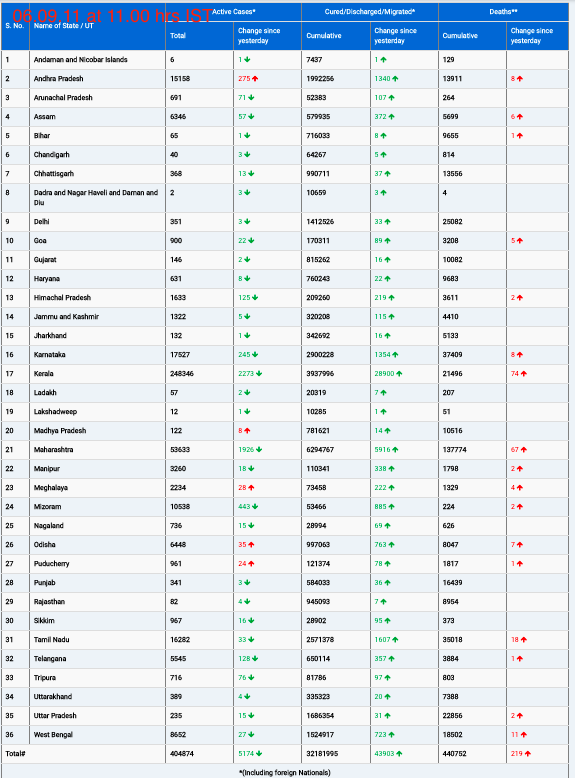For many, dementia seems like an inevitable part of aging, with countless theories proposing that virtually every aspect of our lives—from our bedtime routines to alcohol consumption—could influence the onset of this memory-stealing condition. However, recent research has shed light on just three factors that seem to significantly impact our risk of developing dementia.
A groundbreaking study led by scientists from the RAND Corporation, a California-based non-profit research institution, suggests that the absence of a hobby, obesity, and sedentariness after age 60 are the most influential predictors of dementia risk. The research, which analyzed data from over 20,000 senior citizens over the span of 30 years, is a game changer in our understanding of dementia prevention.
“This work provides additional evidence about actions that individuals can take to pursue a lifestyle that promotes brain health across the lifespan,” said Peter Hudomiet, the lead economist of the study.
The Importance of Hobbies, Weight, and Physical Activity
The findings underscore the value of maintaining an active mind and body. The researchers found that engaging in hobbies helps people feel purposeful, stimulating cognitive function and keeping the brain sharp. Regular physical activity is equally important, as it promotes healthy blood circulation, which is vital for brain health.
On the other hand, obesity is linked to poor circulation, which can increase the likelihood of dementia. These factors—keeping the mind engaged, staying physically active, and managing weight—are key to preserving cognitive function as we age.
A Growing Public Health Crisis
Dementia represents a significant public health challenge, with approximately 10 percent of adults over 65 affected. That’s over 7 million people, a figure expected to rise to 12 million by 2040 if current trends persist. This sharp increase could place overwhelming pressure on healthcare systems, families, and social services worldwide.
Proactive steps to address dementia risk are crucial, and the recent findings from RAND offer a roadmap for individuals to take charge of their brain health. The study’s authors emphasize that lifestyle choices, such as staying mentally and physically active, can make a significant difference in preventing or delaying the onset of dementia.
Alcohol’s Surprising Role
In a surprising twist, the study found that alcohol consumption plays a more nuanced role in dementia risk than previously thought. Moderate drinkers exhibited the lowest risk of dementia, while those who abstained or consumed alcohol heavily were at a higher risk. This aligns with other research suggesting that a small amount of alcohol may benefit heart and brain health.
The Financial Burden of Dementia Care
While the study focuses on prevention, it also touches on the significant barriers individuals face when diagnosed with dementia. Many patients take steps to plan for the future, such as organizing financial assistance and ensuring safer living environments. However, the high cost of memory care remains the largest hurdle for those seeking treatment.
The Road to a Healthier Future
The findings of this study offer promising insights into how we can better manage our risk of dementia. By focusing on maintaining an active lifestyle, watching our weight, and engaging in stimulating hobbies, we may be able to stave off or delay the onset of this debilitating condition.
“Assessments provided individuals with information that may facilitate actions to prepare for the future,” said Susann Rohwedder, a senior economist at RAND and co-author of the study.
Though the research does not guarantee prevention, it provides a clearer picture of what factors matter most in protecting brain health as we age. As we continue to navigate an aging population, these insights could serve as the key to reducing the impact of dementia on individuals and society as a whole.
These findings have been published in a RAND research report, adding to the growing body of knowledge on how to prevent dementia and improve quality of life for future generations.











